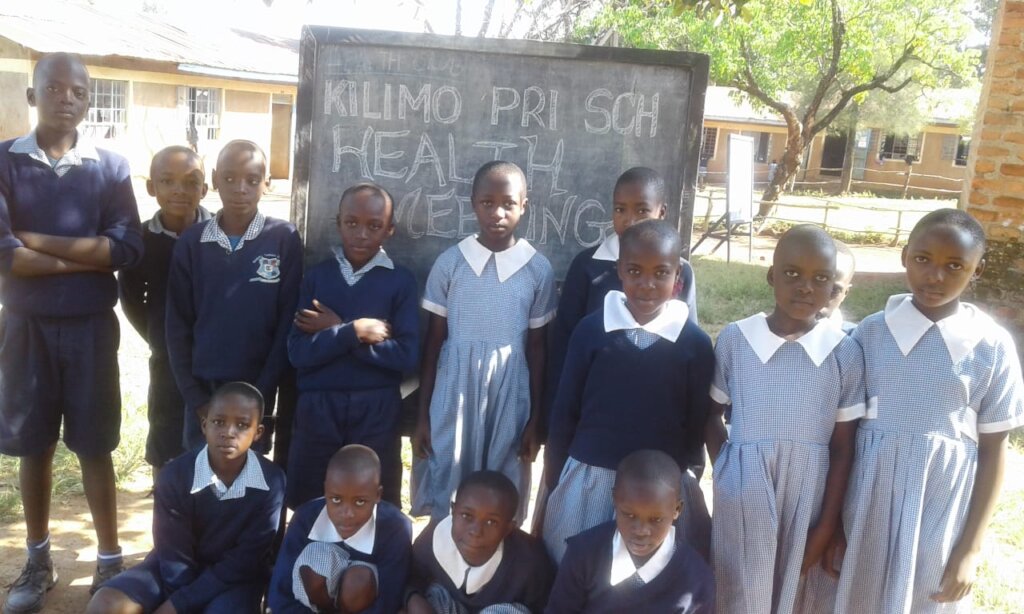By Edwin Ngongesa | Project Officer
2.0: ACTIVITY PROCEEDINGS
The main goal of this activity was to improve the well-being and quality of life of orphaned learners living with HIV in schools. WE REACH conducted training for the guidance and counseling teachers, school administrators, and non-teaching staff to give them knowledge and skills to respond to support learners living with HIV as well as promote a more supportive school environment for them. The schools were urged to create Health clubs so that they can be an avenue in addressing issues of general health and the issue of stigma in the school. The main purpose of the school visit was to confirm the existence of the Health clubs and if the OVCs have also been incorporated into them.
Most of the schools visited had started to implement what they were taught in the seminar. That is they had formed the clubs and incorporated members from different grades and classes also learners with various conditions were added to the Health clubs. The reason for that was to reduce discrimination and stigmatization of particular pupils due to their conditions, HIV status or background, and vulnerability. The school administration worked in collaboration with the organization in identifying the most vulnerable orphans in those schools so has to help them in tackling the challenges they experience in school and at home.
A school like Kakamega, Kilimo, and Rosterman meets every Thursday as a Health to learn and discuss issues that affect them while in school like; menstrual hygiene, water-borne diseases, discrimination, and stigma among others. Those sessions proved to be very instrumental in the school because learners have started to change their mindset on HIV. Most of them understand that HIV cannot be transmitted through; shaking hands, playing together, sharing utensils, or sharing writing materials among others.
The club members are now acting as ambassadors in their various schools by sensitizing other pupils and also parents on discrimination, and stigmatization of pupils. Though they are still a challenge of disclosure between the parent and the teachers which have posed a serious health issue for the learner. That is when an OVC living with HIV misses or fails to take their drugs, the viral load increases which can lead to opportunistic infections. These infections may lead to death due to the weakening of the immune body system.
The organization assured the school administration that they will work in collaboration with the Ministry of Health Kakamega County, in the office of Sub County coordinator of HIV and STIs to invite parents and caregivers of the OVCs. To train them on the importance of disclosure and the general well-being of the learners living with HIV. This help increases the health of the OVCs by increasing the adherence level of the Orphans living with HIV. The parents and caregivers will be trained in the kitchen garden also and a proper balanced diet for the orphans.
3.0: LESSONS LEARNT
4.0 CHALLENGES
5.0: RECOMMENDATIONS AND REQUIRED ACTIONS.
Project reports on GlobalGiving are posted directly to globalgiving.org by Project Leaders as they are completed, generally every 3-4 months. To protect the integrity of these documents, GlobalGiving does not alter them; therefore you may find some language or formatting issues.
If you donate to this project or have donated to this project, you can receive an email when this project posts a report. You can also subscribe for reports without donating.
